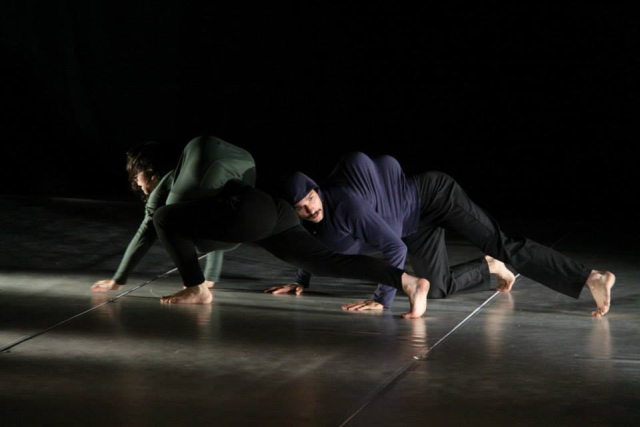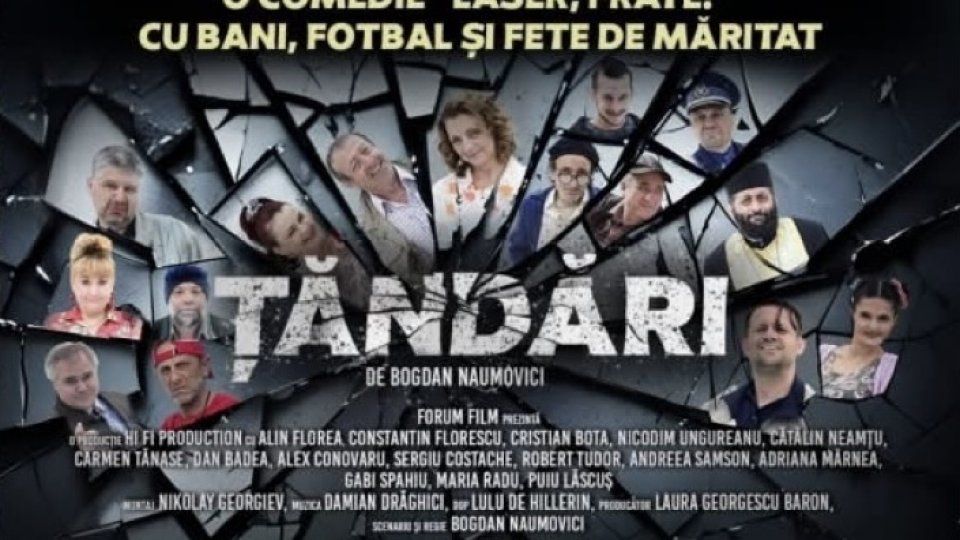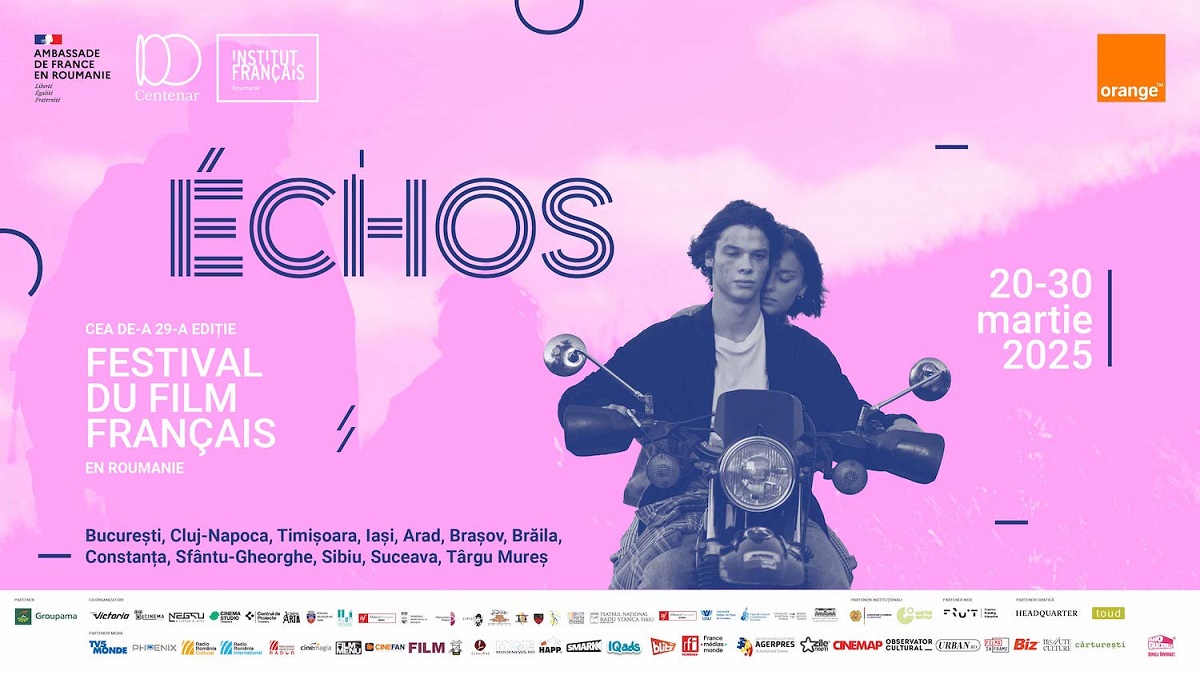The Eurothalia European Theatre Festival
The highlights of the Eurothalia European Theatre Festival

Luana Pleşea, 06.12.2014, 12:39
Organized by the German State Theatre in Timisoara, the Eurothalia European Theatre festival has reached its 4th edition in 2014. Lucian Varsandan, the director of the German State Theatre in Timisoara, told us more about this year’s highlights:
“The festival was meant to bring theatre-making in our country in line with some of the trends at European level. Ever since its early days, we wanted the festival to be a platform for high-quality cultural institutions doing theatre at EU level. In 2009, when the first edition of the festival was held, there was no similar initiative in the region and that made us go on. On the one hand, we want to bring to Timisoara some of the most innovating theatre projects from various European countries. On the other hand we are trying to bring to Timisoara some of the best plays in Romania. This component is also meant to showcase internal productions, something we started out last year and which we continued this year, and we intend to give more visibility to Romanian productions. What matters most, from my point of view, is the message the play has for a Romanian audience”.
On of the most daring shows of the 2014 edition of the Eurothalia European Theatre Festival, both in terms of its message, and in terms of its stage directing, was “Crash Course Chit Chat”, staged by Sanjei Mitrovic theatre company from Amsterdam. The concept, stage directing and choreography belong to the same Sanja Mitrovic, who brought together five actors representing five nations: Germany, France, England , the Netherlands and Belgium. The show is based on the personal stories of actors, recollections about their childhood, their family and personal lives, as well as historical facts and clichés associated with the aforementioned countries. Sanja Mitrovic uses documentary techniques to study the relationship between personal identity and European identity.
One of the Romanian highlights in the Eurothalia European Theatre Festival was “Victor, ou les enfants au pouvoir”, staged by Silviu Purcarete at the Hungarian State Theatre in Cluj. The show scooped this year’s award of the Romanian Association of Theatre Artists (UNITER) for best supporting actress. Csilla Albert shared with us her experience of working with this surrealist text.
”A difficult text, indeed. I believe it was written to be read, rather than to be used for the stage, although it is the text of a play. It was a struggle, a real adventure to tame the text. I think it is a challenge for us, to always work on improving our skills and to no longer impersonate characters but rather try to feel them more. To me it’s important to unleash the child within me not by showing how I believe a child should be, but by pretending I am not 35 and I can be 6 again for about two hours. And I think Silviu Purcarete has a special talent of making the actors fall in love with the script, with a certain scene.“
As part of the festival, Timisoara’s German State Theater presented three of its own productions. One of them was Chekhov’s “Seagull”, a very touching performance, staged by Yuri Kordonsky, featuring actress Ioana Iacob playing the part of Irina Nikolaevna Arkadina.
”Working with Yuri Kordonsky was absolutely fabulous! For an actor, working with such a director is a must. He has the ability to motivate us and put us in highly emotional situations. That’s what I found most fascinating when working with him. And the text is very good. What is Irina like? She often runs the risk of being rated as villain and she is impersonated like that. I’m not sure I succeed to bring her human side to the surface. What I know is that during rehearsals I did my best to show how good she was. She is a woman whose life was really hard and who strived to make something out of her life and career. She is very devoted to her art and sometimes she gets carried away because of that. But I think she has a good heart. Just like all of Chekhov’s characters, actually.“
Head of Timisoara’s German State Theatre Lucian Varsandan told us more about the goal of the festival.
”I think any festival is tailored for the community where it has been staged. I think this festival found its way to the heart of the public. The number of people in the audience proves that. I believe the Timisoara locals and all other spectators have come to love this festival.”





























